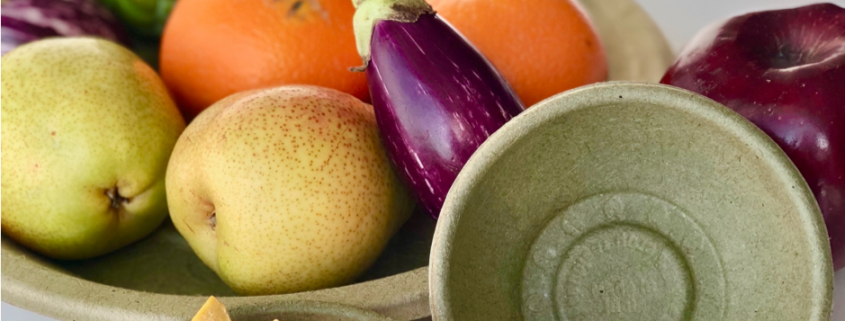The demand for sustainable packaging, made of paper, jute, cloth and even plants, is increasing around the country.
In the eastern suburbs of India’s financial capital Mumbai is a 132-hectare-wide mountain of garbage. Known as the Deonardumping ground, it has long exceeded its capacity as a landfill. Attempts to ensure a scientific closure of the site have yet to materialise, and it frequently reminds residents in neighbouringareas of its presence by catching fireand sending pollution levels in the city soaring. With the pollution come discussions about the large amounts of waste Indian cities are generating.
India produces an estimated 62 million tonnesof municipal solid waste annually, a figure which is likely to reach 165 million tonnesby 2030. As per a 2015 study by the Central Pollution Control Board, close to 26,000 tonnesof plastic waste is generated every day in the country. While there have been efforts to address this problem – in June, the Maharashtra government banned single-use plastic, among the 25 Indian states and union territories to do so – the implementation continues to be lax. According to the industry body FICCI, the plastic packaging industry in India is worth $32 billion, and India exports to 150 countries.
[…]
Technology is now providing some alternatives. Bio-lutions, a German company that uses agricultural waste to produce packaging as well as tableware, successfully completed its pilot project in Bengaluru’s Jakkurneighbourhoodand their first full-fledged plant began operations in September in Ramanagara, 40 km away from the city. The plant will use 1,500 to 2,000 tonnesof fibresannually – from plants like sugarcane, banana and tomato – along with wheat and rice straw bought locally from the farmers in Mandya, and convert it all into packaging for fruits and vegetables, electronics, trays for surgical equipment and bio-plastic foil for materials that require a waterproof surface. Eduardo Gordillo, who founded Bio-lutionsin 2012, feels there is a market for companies like his in India because of the waste management problem in the country. “The industry retailers are looking for alternatives because of the ban on plastic bags,” said Gordillo. “While plastic and paper are cheap, technologies like ours can make alternatives at competitive prices.” He believes technology like the one Bio-lutionsoffers can help provide farmers a profitable outlet as well.
[…]

 BIO-LUTIONS Int. AG
BIO-LUTIONS Int. AG